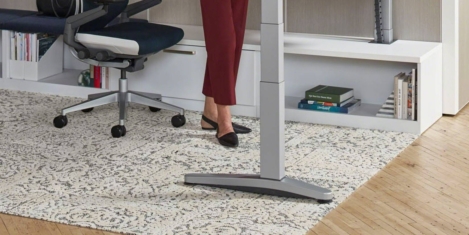August 2, 2018
Financial stress can impair employee performance and attendance

Businesses that fail to tackle their employees’ financial stress are more likely to encounter poor work performance, lack of engagement, mental health issues and staff absenteeism, a new report from Neyber has claimed. Since last year, there has been a significant increase in the number of employees affected by financial worries; up from 58 percent to 63 percent, as well as those with less than one month’s savings; up from 24 percent to 32 percent. This stress on individuals is having a severe business impact. One in four employees said they had lost sleep over money troubles in the last year, one in ten said that they couldn’t focus on work and 6 percent said they had had to take time off work. All this adds up to a substantial cost for employers to bear. Neyber has calculated that the lost productivity and increased absence and employee turnover associated with financial stress costs UK companies in the region of £120.7 billion every year.



































July 6, 2018
A storm brewing around the workplace and facilities management
by Cathy Hayward • Comment, Facilities management, News, Workplace design